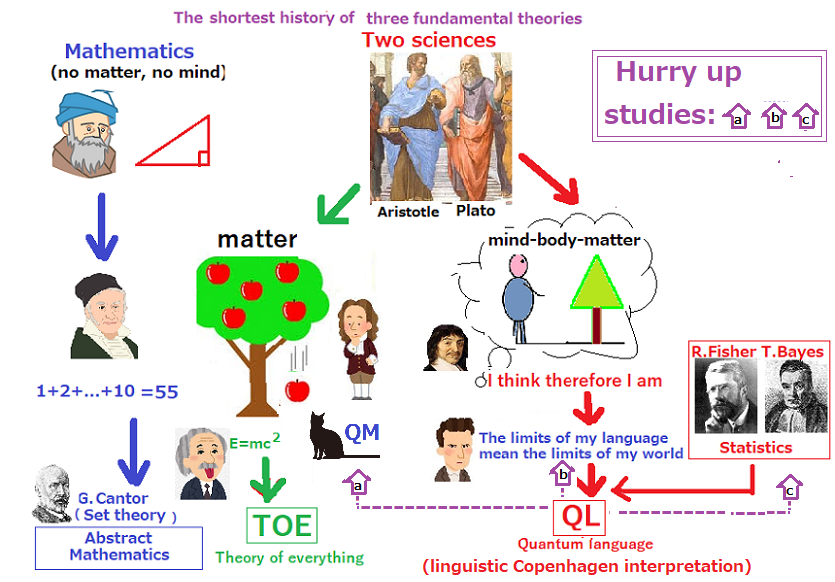Perhaps it is a stereotype, but I assumed that most physicists are empirical realists (external reality affects our senses, and science infers a representation of it from sensory data). At the same time, the Copenhagen interpretation is the majority interpretation of quantum mechanics. These two positions seem to be in conflict with each other.
Bohr's original explanation of the uncertainty principle, consistent with empirical realism, was that the measurement apparatus disrupts the measurement precluding simultaneous determination of positions and momenta with precision. Unfortunately, the same disruption occurs in classical mechanics without precluding assignment of positions and momenta, or even modeling the disruption itself and correcting for it. Einstein designed an experiment (EPR) which demonstrates that similar assignment of "local elements of reality" does not work in quantum mechanics and declared it "incomplete". Bohr eventually abandoned his early view.
More generally, the famous collapse of the wave function occurs simultaneously all over the universe (what Einstein called "spooky action at a distance"), so treating it as a physical process contradicts relativity. Bohr's mature position, which became Copenhagen, was that the wave function describes maximally possible "state of knowledge" about quantum objects, and the collapse amounts to re-conditioning of probabilities, a purely mathematical adjustment with no physical content. But this position seems to be outright Kantian, we have a wave of knowledge that describes phenomena only, and of noumena thou shalt not speak. Moreover, according to von Neumann's no-go theorem quantum mechanics is not just incomplete but incompletable, it is inconsistent with any "local elements of reality" whatsoever (not just positions and momenta). So the noumena, if they exist at all, must exist outside of space and time, making this even more Kantian.
David Bohm came up with a non-local completion that gives an idea of what these noumena might look like, "quantum potential" and "implicate order". But Bohmian mechanics is a small minority position, and the implicate order in its own right would be hard for an empirical realist to swallow. In Kantian terms, it is an illegitimate "metaphysical speculation", a misapplication of the categories.
Are most physicists really Kantians, or is there a confusion as to what the Copenhagen interpretation actually says (e.g. taking it for Bohr's early position)? Or perhaps there is some other philosophy that reconciles external reality with Copenhagen epistemology?

 As seen in this figure, QL (= quantum language with the linguistic Copenhagen interpretation) is the final destination of Western philosophy. And it produces QM (with the Copenhagen interpretation), logic and statistics.
Far from being outdated, it is at the forefront of the times.
However, cutting-edge theories must pass all sorts of rigorous checks. The linguistic Copenhagen interpretation is waiting for your rigorous check. ( cf.
As seen in this figure, QL (= quantum language with the linguistic Copenhagen interpretation) is the final destination of Western philosophy. And it produces QM (with the Copenhagen interpretation), logic and statistics.
Far from being outdated, it is at the forefront of the times.
However, cutting-edge theories must pass all sorts of rigorous checks. The linguistic Copenhagen interpretation is waiting for your rigorous check. ( cf.